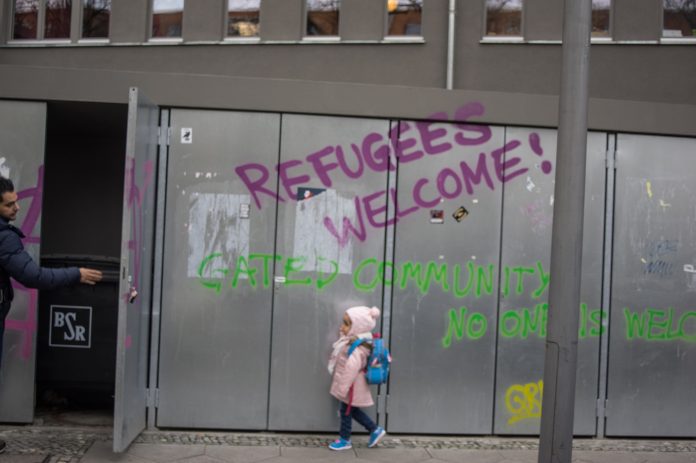Ireland will soon overhaul its current asylum system. Wednesday’s vote approved a new EU policy that will tighten the trading bloc’s borders, which have remained at a standstill since the introduction of the International Protection Act in 2015.
According to Irish Justice Minister and Fine Gael MP Helen McEntee, the new rules will enforce legally binding deadlines for decisions on applications and appeals for international protection.
The new migration laws place greater emphasis on the effective return of unsuccessful asylum claims. In addition, EU member states will have to speed up the processing of applications from safe countries as well as those without proper immigration documents.
The new policy also allows more asylum seekers to be detained at border posts and allows EU member states to refuse to accept applicants for international protection provided they make a financial contribution of €20,000 for each person they refuse to accept.
Minister McEntee said the vote marks a “historic step that provides a robust legislative framework to tackle migration and asylum across the EU”. She also characterised the updated rules as a “pan-European solution to a pan-European problem”.
According to The Irish Times, the EU vote will most affect the increased number of Palestinian refugees who have entered Ireland recently – up to 127 in March 2024 alone. The overhaul of the new system will also affect LGBTQ+ asylum seekers trying to enter the country who face persecution on the basis of gender identity and/or sexual orientation.
Ireland does not actively record the number of LGBTQ+ refugees and asylum seekers, however, according to the 2011 report “Fleeing Homophobia, Asylum Claims Related to Sexual Orientation and Gender Identity in Europe”, over 10,000 people apply for asylum in the EU each year on the basis of their sexual orientation.
In relation to Palestinian refugees in Ireland, following the EU vote, the Department of Justice said it has no current plans to establish a resettlement programme for those arriving in the country after fleeing the war in Gaza, despite the fact that similar programmes have been established in the past to support Syrian and Afghan refugees.
